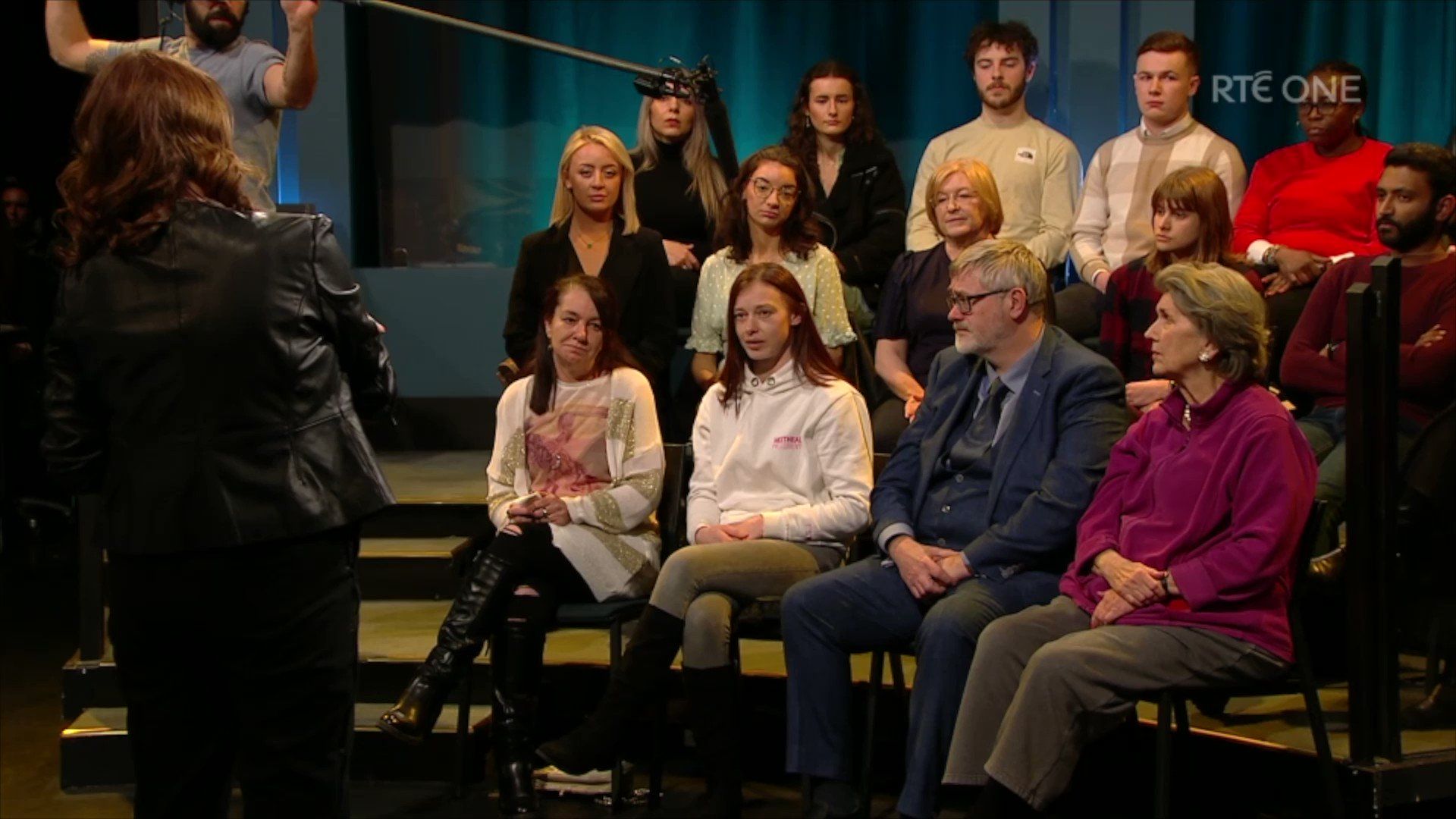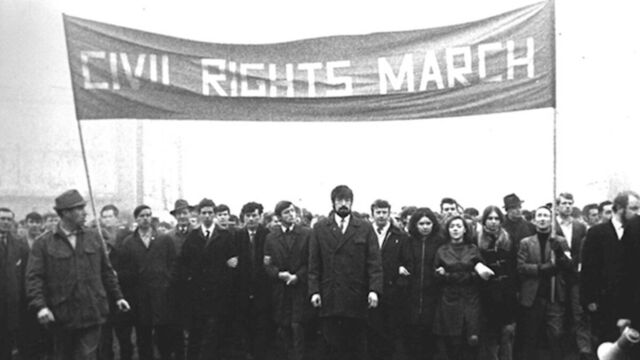IN the south of Ireland during 2022, 15 women were murdered. Their assailants invariably were men. One such case, in County Offaly, was in the headlines last week: Ashling Murphy a 23-year-old primary school teacher, went for a jog after work along a canal path. She was approached by Jozef Puska, a 33-year-old married man with five children. He dragged her off the path and killed her, stabbing the young teacher in the neck 11 times. Last Friday Puska was jailed for life.
RTÉ is not short of critics these days, but the Upfront with Katie Hannan show did a good job when it used the Ashling Murphy case as a jumping-off point for looking at male violence against women generally. Among the small audience there were family members who spoke of the loss of a sister to lethal violence. Pauline Tulley, a Sinn Féin TD, told how, in her own home with the children upstairs, her ex-husband stabbed her 13 times and tried to cut her throat. Her children could hear her screaming, which relieved them since it indicated she was still alive; when there was silence they were afraid she was dead.
The programme went on to explore what it was that allowed men to become so brutal against women. There was much talk of how men, when together, engage in ‘locker room talk’, speaking of women in disparaging and sexual terms, and how this kind of talk and way of thinking about women needed to change. Neale Richmond, the Fine Gael TD, was on the show’s panel and said that he had often been in the company of men who talked this way and to his shame he’d said nothing, but that in recent years he’d learned to speak out against such talk. There was general agreement that even wolf-whistling at a young woman was part of the way young men learned to view women, and it needed changing.
Violence on a hugely wider scale is going on in Gaza as I type. There the Israeli army in the past few weeks has killed around 11,500 Palestinians, including at least 4,710 children and 3,160 women. There have been nearly 30,000 Palestinians injured, of which 70 per cent were women and children.
On the BBC’s Question Time, Jacob Rees-Mogg was on the panel and left me slack-jawed with his passionate defence of Israel, insisting that shelling and shooting by the Israeli Defence Force (IDF) was not ‘collective punishment’: Israel was simply defending itself. “What would we have done if Britain had been attacked?” Rees-Mogg demanded, and a considerable number of the Somerset audience applauded him. Rees-Mogg, as you probably know, is a Catholic; I’m not sure how he squares mass slaughter of the innocent with the sixth commandment ‘You shall not murder.’
Both programmes were informative and educational. Set alongside the ‘collective punishment’ in Gaza, 15 women murdered in Ireland doesn’t seem so many. But if you say to yourself ‘That’s one woman each month of the year, with some to spare’ it gets more horrible. On the other hand, several of my friends have told me that while locker-room talk and wolf-whistling may make women uncomfortable, they are not the slippery slope to violence against women which the programme suggested they are. Is any man in the company of locker-room talk duty-bound to call it out, demand it stop? I’m honestly not sure.
The RTÉ programme encouraged me to think about how men regard women. (Germaine Greer famously wrote that “Women have very little idea of how much men hate them.”) The BBC Question Time programme made me realise that people like Rees-Mogg, who appear eccentric and even endearing, can in fact be cynical defenders of the indefensible.








